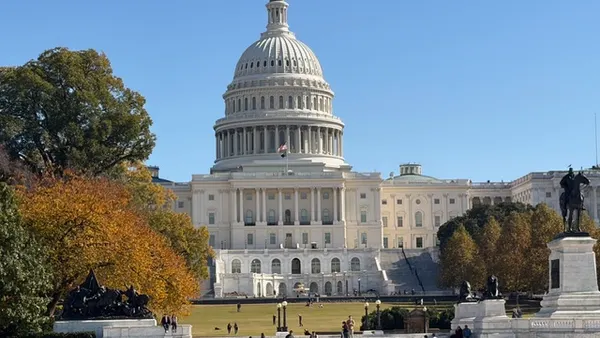Dive Brief:
- A recent report by economists Jon Gruber and Robin McKnight found that reducing the number of physicians in a health plan can reduce individual spending by up to 36%. This occurred because patients used less medical care and opted for providers who were less expensive.
- The researchers also found that patients actually spent more on primary care overall. But they spent less on expensive treatment like specialty care, trips to the emergency room and diagnostic testing.
- The report also showed there was no difference in quality between the hospitals inside and outside of the narrower networks. They found that the smaller networks did not change the availability of good inpatient care.
Dive Insight:
There are a few notes to remember about the study. First is that healthcare in Massachusetts is different than the rest of the country. Narrow network plans appear to work there, but that may not be the case everywhere else. Researchers noted that not all limited networks will have the same results. For providers, it shows that business may not be lost, but it will be focused in different areas. And that cost will increasingly become a factor in patient choice.
Want to read more? You may enjoy this story about how New Hampshire's ultra-narrow network impacted providers.













